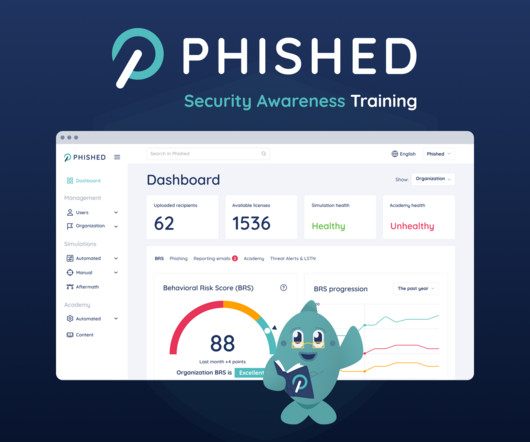The Doghouse: Crown Sterling
Schneier on Security
SEPTEMBER 5, 2019
A decade ago, the Doghouse was a regular feature in both my email newsletter Crypto-Gram and my blog. In it, I would call out particularly egregious -- and amusing -- examples of cryptographic " snake oil.". I dropped it both because it stopped being fun and because almost everyone converged on standard cryptographic libraries, which meant standard non-snake-oil cryptography.




































Let's personalize your content